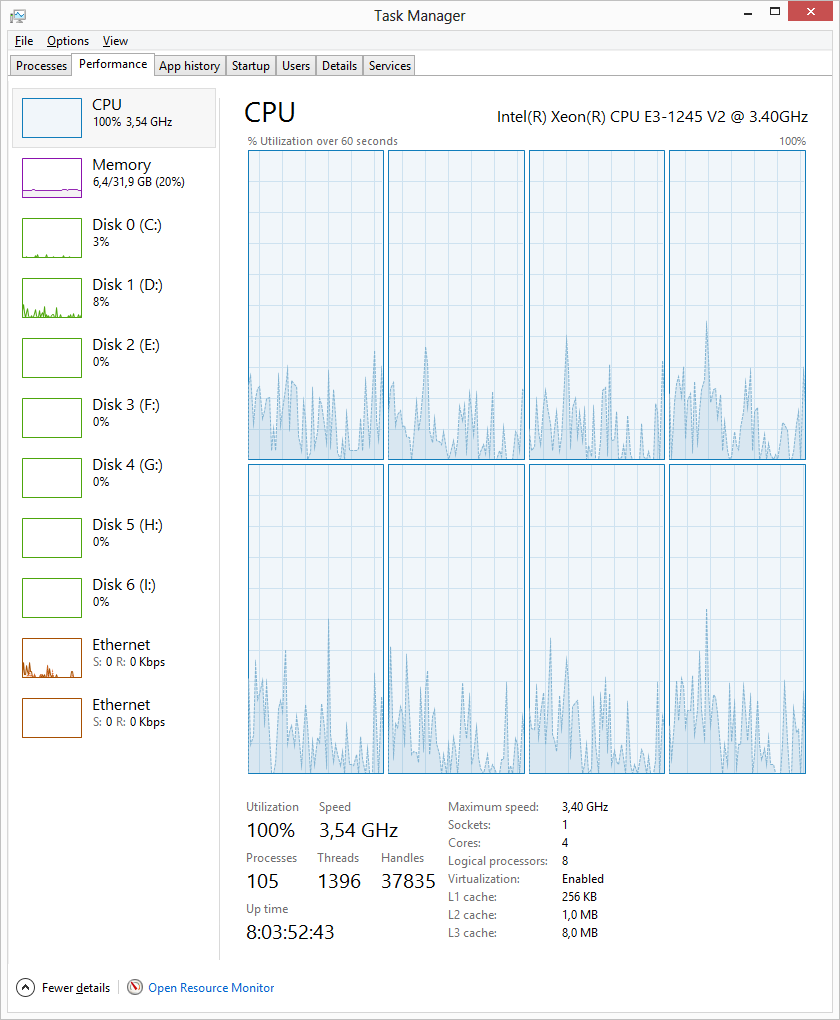00:00 - 01:0001:00 - 03:0003:00 - 04:0004:00 - 05:0005:00 - 08:0008:00 - 10:0010:00 - 14:0014:00 - 16:0016:00 - 17:0017:00 - 18:0018:00 - 20:0020:00 - 23:0023:00 - 00:00
user3010322
user3010322
user3010322
user3010322
user3010322
user3010322
user3010322
user3010322
user3010322
user3010322
user3010322
user3010322
user3010322
user3010322
user3010322
user3010322
user3010322
user3010322
user3010322
user3010322
user3010322
user3010322
user3010322
user3010322
user3010322
user3010322
user1804599
user1804599
user3010322
user1804599
user1804599
user3010322
user3010322
user1804599
user3010322
user3010322
user1804599
user1804599
user1804599
user3010322
user3010322
user3010322
user1804599
user1804599
user1804599
user3010322
user1804599
user1804599
user1804599
user1804599
user1804599
user1804599
user1804599
user1804599
user1804599
user1804599
user1804599
user1804599
00:00 - 01:0001:00 - 03:0003:00 - 04:0004:00 - 05:0005:00 - 08:0008:00 - 10:0010:00 - 14:0014:00 - 16:0016:00 - 17:0017:00 - 18:0018:00 - 20:0020:00 - 23:0023:00 - 00:00


